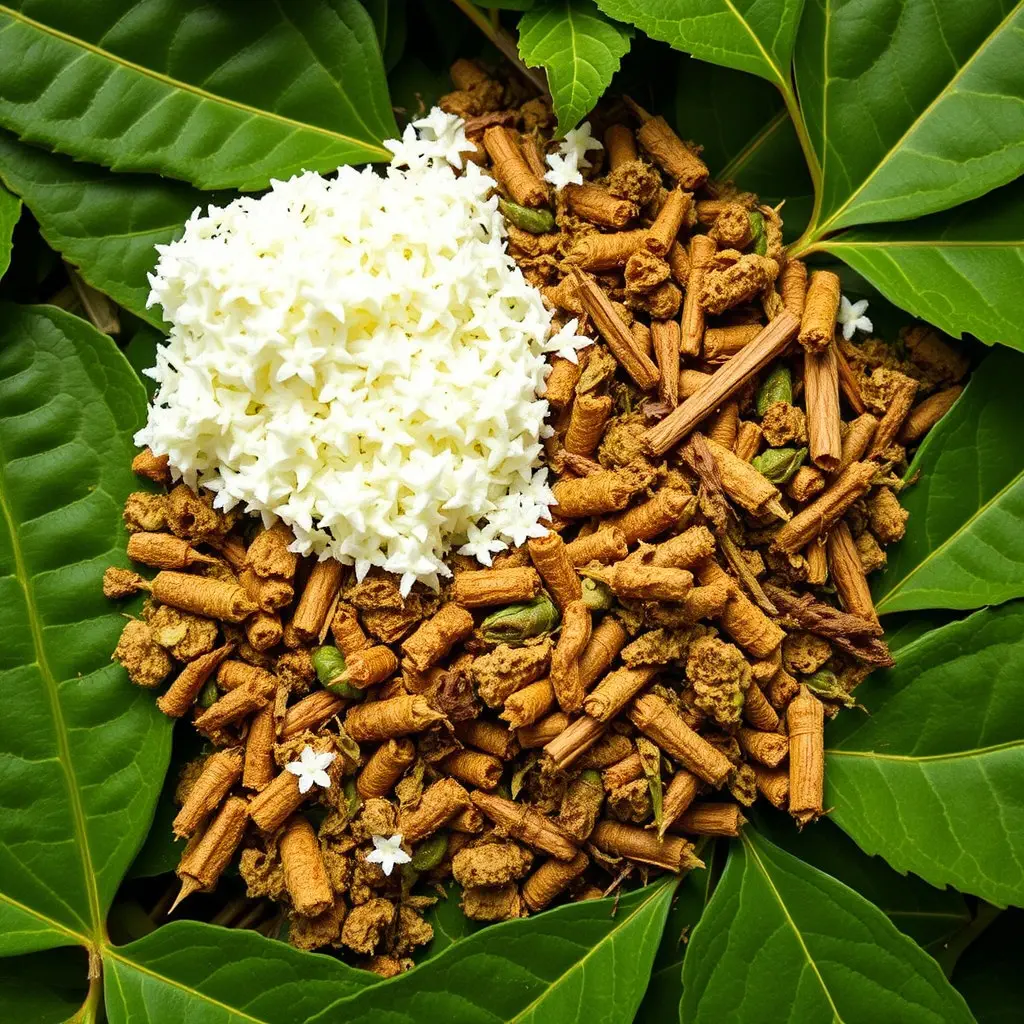As of 2023, kratom, including Black Maeng Da, remains legal at the federal level in the United States but is subject to state-specific regulations. In Texas, while not illegal to possess or consume, kratom is categorized as a Penalties Group 1+ controlled substance under the Texas Controlled Substances Act, which imposes certain restrictions on its sale and distribution. The active alkaloids in kratom, mitragynine and 7-hydroxymitragynine, fall under this classification, enforced by the Texas Health and Human Services Commission (HHSC). Users in Texas should be aware of these regulations to avoid legal complications, particularly if the product is adulterated or improperly labeled. It's important for consumers to source kratom from reputable vendors that provide third-party lab testing to ensure quality and safety. Given the evolving nature of kratom legislation, individuals should stay informed on any legislative changes that could affect its legal status in Texas, as "Is kratom illegal in Texas?" is a question with a nuanced answer that requires ongoing vigilance and understanding of state laws.
Black Maeng Da Kratom powder, a potent strain derived from the Mitragyna speciosa tree, has garnered attention for its distinct effects and potential benefits. As a variant of kratom, it falls under the broader scrutiny of legality across different states. In Texas, the status of kratom remains a point of contention, with many questioning, “Is kratom illegal in Texas?” This article delves into the nature of Black Maeng Da Kratom, examines its legal standing within Texas borders, and explores the myriad effects and uses that have positioned it as a subject of interest and debate. Understanding these aspects is crucial for anyone seeking to navigate this complex landscape.
- Understanding Black Maeng Da Kratom Powder: A Comprehensive Overview
- The Legal Status of Kratom in Texas: Is Black Maeng Da at Risk?
- Exploring the Effects and Uses of Black Maeng Da Kratom Powder
Understanding Black Maeng Da Kratom Powder: A Comprehensive Overview

Black Maeng Da Kratom Powder is a botanical product derived from the leaves of the Mitragyna speciosa tree, native to Southeast Asia. This particular strain of kratom, also known as “Maeng Da,” which translates to “Pimp Leaf” due to its allegedly more potent effects compared to other strains, has gained significant attention in various regions, including the discussion of its legal status as pertains to states like Texas. Kratom contains a variety of alkaloids, with mitragynine and 7-hydroxymitragynine being the most prominent, which interact with the body’s opioid receptors and may offer effects ranging from stimulation to sedation, depending on the dose.
The legality of Black Maeng Da Kratom Powder can be a complex issue, as it varies by state and federal legislation within the United States. As of the knowledge cutoff in 2023, kratom is not explicitly illegal at the federal level, but its future remains uncertain due to the DEA’s history of attempting to classify it as a Schedule I substance. On a state level, such as in Texas, the legal status is subject to change and may differ from neighboring states. In Texas, kratom is currently legal, with no specific laws banning its use or sale within the state. However, consumers are advised to stay informed on any legislative changes that could impact the availability of Black Maeng Da Kratom Powder and other kratom products. It’s essential for users to be aware of their local regulations and to purchase kratom from reputable sources that provide third-party lab testing for quality, purity, and safety.
The Legal Status of Kratom in Texas: Is Black Maeng Da at Risk?

The legal status of kratom, including strains like Black Maeng Da, in Texas has been subject to regulation and legislative debate. As of recent updates, kratom is not explicitly illegal in the state of Texas. However, it falls under the purview of the Texas Controlled Substances Act, with mitragynine and 7-hydroxymitragynine, the active compounds found in kratom, being scheduled as Penalties Group 1+ controlled substances. This scheduling, which occurred in 2019, places certain restrictions on the sale and distribution of kratom products. It’s important for consumers to be aware that while kratom is not outright banned, its legality within Texas is contingent upon these regulations. The Texas Health and Human Services Commission (HHSC) oversees the enforcement of these rules, which can impact the availability and legality of specific strains like Black Maeng Da. Users in Texas should stay informed about any legislative changes that may further affect kratom’s status, as federal and state policies regarding kratom continue to evolve. Those interested in the legalities surrounding kratom use are advised to monitor official state announcements or consult with local authorities for the most current information.
Exploring the Effects and Uses of Black Maeng Da Kratom Powder

Black Maeng Da Kratom Powder, derived from the leaves of the Mitragyna speciosa tree, is a potent strain that has garnered attention for its distinct effects and potential uses. This strain is known for its unique alkaloid profile, which may contribute to its efficacy in addressing various needs. Users often report that Black Maeng Da Kratom Powder can provide stimulating effects at lower doses, such as increased energy and focus, while higher doses are said to induce a calming sensation and promote relaxation. The strain’s popularity is evident, with many individuals incorporating it into their daily routines for its mood-enhancing properties and pain-relieving qualities.
In the context of legal status, it’s pertinent to note that the regulatory landscape surrounding kratom varies across jurisdictions within the United States. As of the knowledge cutoff in 2023, kratom, including Black Maeng Da Kratom Powder, is not a controlled substance under federal law; however, individual states have enacted different policies. For instance, in Texas, the legal status of kratom is nuanced. While it is legal to possess and consume kratom, state legislation categorizes it as anabathedral substance, which means it falls into a gray area where it’s not explicitly illegal but is subject to the Texas Controlled Substances Act if it’s adulterated or misbranded. Users in Texas should be aware of these distinctions and consider consulting local legal counsel for clarification on the current status of kratom within their municipalities. This nuanced legal environment underscores the importance of staying informed about state regulations when considering the use of products like Black Maeng Da Kratom Powder.
Black Maeng Da Kratom powder, a potent strain with distinct effects and uses, has garnered significant attention. This article has shed light on its composition, the legal status it faces particularly in Texas—where the conversation around whether kratom is illegal continues to evolve—and the myriad ways it’s employed. As with any botanical supplement, consumers are encouraged to stay informed on local regulations and use Kratom responsibly. The ongoing dialogue surrounding its legality in Texas underscores the need for balanced and evidence-based policies to guide its consumption. For those interested in exploring Kratom’s effects, it’s crucial to approach it with caution and due diligence, considering the varied experiences reported by users.






